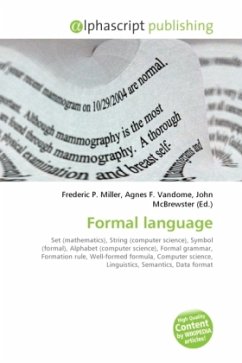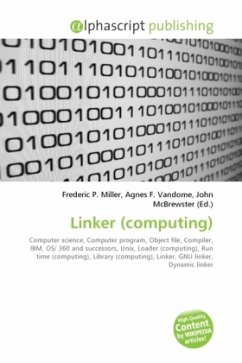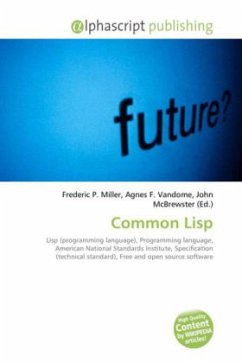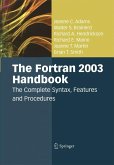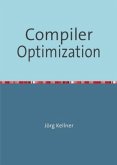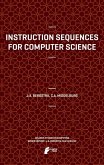A formal language is a set of words, i.e. finite strings of letters, symbols, or tokens. The set from which these letters are taken is called the alphabet over which the language is defined. A formal language is often defined by means of a formal grammar (also called its formation rules); accordingly, words that belong to a formal language are sometimes called well-formed words (or well-formed formulas). Formal languages are studied in computer science and linguistics; the field of formal language theory studies the purely syntactical aspects of such languages (that is, their internal structural patterns). Formal languages are often used as the basis for richer constructs endowed with semantics. In computer science they are used, among other things, for the precise definition of data formats and the syntax of programming languages. Formal languages play a crucial role in the development of compilers, typically produced by means of a compiler compiler, which may be a single program or may be separated in tools like lexical analyzer generators (e.g. lex), and parser generators (e.g. yacc).

